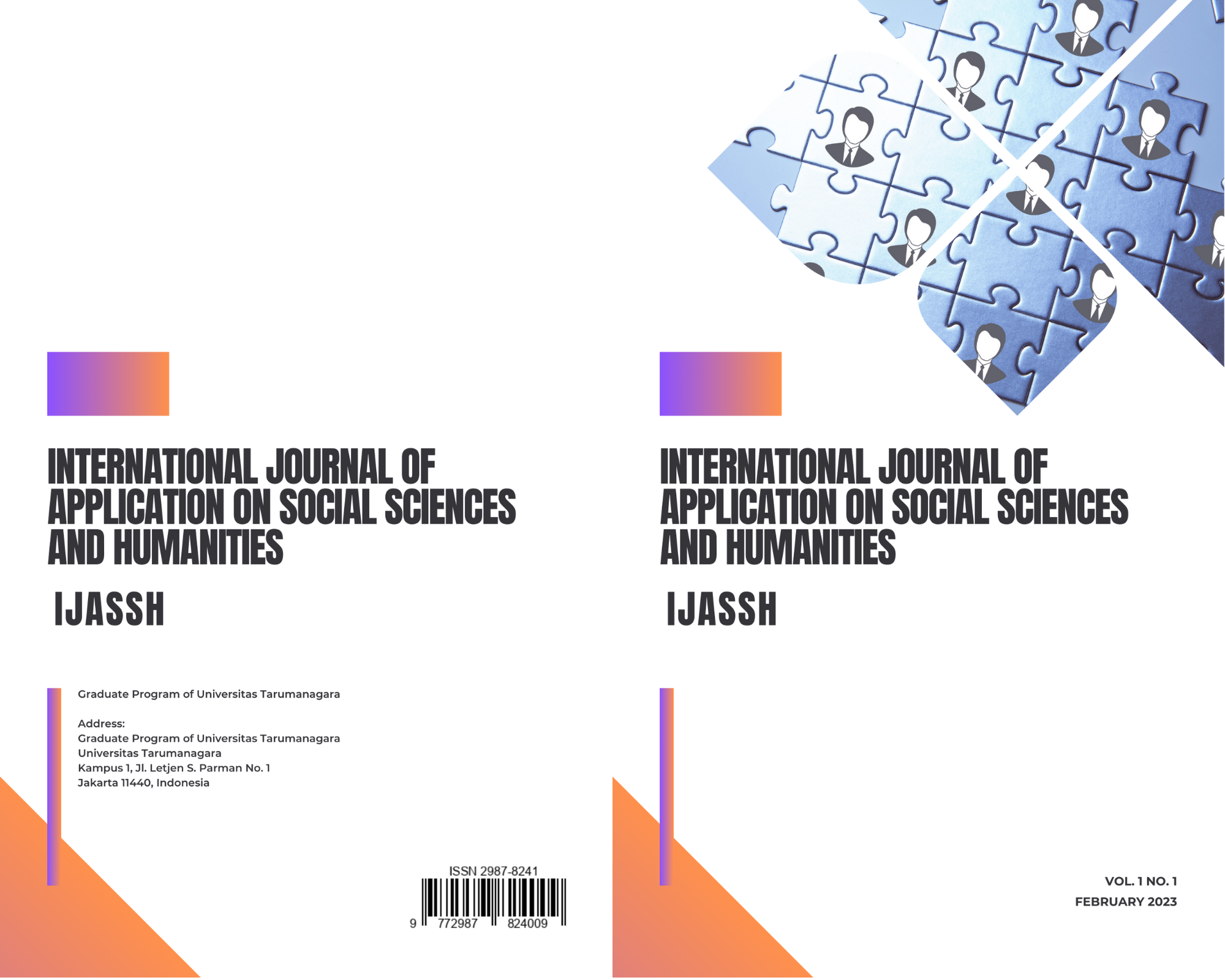NOTARY LEGAL RESPONSIBILITIES ON ISSUANCE OF COVERNOTES IN CREDIT AGREEMENTS IN INDONESIA
Main Article Content
Abstract
Covernote is a certificate made and issued by a notary. In general, covernotes are used to obtain applications for credit agreement to a bank with guaranteed land ownership rights that have been tied with mortgage guarantees. In its development, the need for land rights guarantees can be suspended, if it is in the process of obtaining a certificate by a notary. However, in the event of misuse of the covernote creation and publication, the notary can be held liable in accordance with the applicable legal provisions. The legal basis for making and publishing a covernote by a notary has not yet been regulated in Undang-Undang Jabatan Notaris (UUJN), so that it can lead to legal consequences and a vacuum of legal norms occurs. The problem that often occurs is what is the legal responsibility of a notary towards the issuance of covernotes in credit agreements in Indonesia. The legal responsibility of a notary related to the issuance of a covernote is the imposition of sanctions, both legal and administrative sanctions. In addition, the legal consequence for a notary who fails to carry out a covernote is that the notary is required to immediately complete it, based on the agreement of both parties. Publishing and the making of covernotes by a Notary does not have a legal basis. This is because they are only based on a habit accepted by the community, so they are trusted and considered as a binding legal product. Notaries are authorized to issue covernotes because they are classified as a form of agreement that binds the parties, even though it is not regulated in the applicable laws and regulations. This is only regulated based on the legal terms of the agreement as contained in the provisions of Article 1320 Kitab Undang-Undang Hukum Perdata (KUH Perdata)
Article Details
Section

This work is licensed under a Creative Commons Attribution-NonCommercial-ShareAlike 4.0 International License.
References
Abdul Ghofur, Lembaga Kenotariatan Indonesia: Prespektif Hukum dan Etika, (Yogyakarta: UII Press, 2019), page 99.
Abdulkadir Muhammad, Hukum Perusahaan Indonesia, (Bandung: Citra Aditya Bakti, 2020), page 37.
Achmad Ali, Menguak Teori Hukum dan Teori Peradilan, (Jakarta: Prenada Media Group, 2015), page 56.
Ahmad Sudiro, “Konsep Keadilan dan Sistem Tanggung Jawab Keperdataan”, Jurnal Hukum Ius Quia Iustum, Vol. 19, No. 3 (Juli 2012), page 23.
Ahmad Sudiro, Nilai Keadilan Pada Hubungan Pelaku Usaha dan Konsumen, (Jakarta: Raja Grafindo Persada, 2014), page 2.
Antoni Ramli, “Kejati Babel Tahan Notaris Tersangka Korupsi BRI, Gemara diduga terbitkan Covernote Tak Sesuai Fakta”, https://bangka.tribunnews.com/2021/05/20/kejati-babel-tahan-notaris-tersangka-korupsi-bri-gemara-diduga-terbitkan-covernote-tak-sesuai-fakta, diakses 25 Januari 2022, page 1.
G.H.S. Lumban Tobing, Peraturan Jabatan Notaris, (Jakarta: Erlangga, 2019), page 7.
Habib Adjie, Hukum Notaris Indonesia Tafsir Tematik Terhadap Undang-Undang Nomor 2 Tahun 2014 Tentang Perubahan Undang-Undang Nomor 30 Tahun 2004 tentang Jabatan Notaris, (Bandung: Refika Aditama, 2015), page 9.
Kohar, Notaris Dalam Praktek Hukum, (Bandung: Alumni, 2015), page 82.
Liliana Tedjosaputro, Etika Profesi Notaris Dalam Penegakan Hukum Pidana, (Yogyakarta: Bayu Grafika, 2015), page 97.
Munir Fuady, Dinamika Teori Hukum, (Jakarta: Ghalia Indonesia, 2010), page 17.
Putri A. R., Perlindungan Hukum Terhadap Notaris Indikator Tugas-tugas Jabatan Notaris yang Berimplikasi Perbuatan Pidana, (Jakarta: Softmedia, 2019), page 98.
Raden Soegondo Notodisoerjo, Hukum Notariat di Indonesia Suatu Penjelasan, (Jakarta: Raja Grafindo Persada, 2019), page 28.
Tan Thong Kie, Studi Notariat dan Serba-serbi Praktik Notaris, (Jakarta: Ichtiar Baru, 2017), page 72.
Vina Akfa Dyani, “Pertanggungjawaban Hukum dan Perlindungan Hukum bagi Notaris dalam Membuat Party Acte”, Renaissance, Volume 2 Nomor 1, Januari 2017, page 23.

